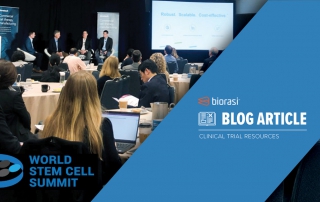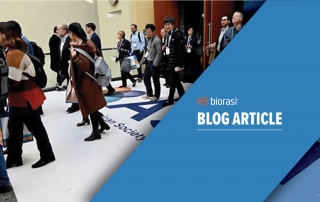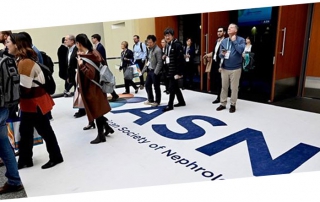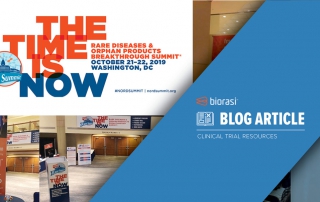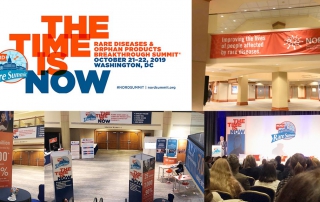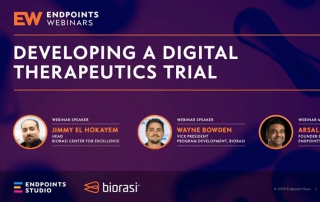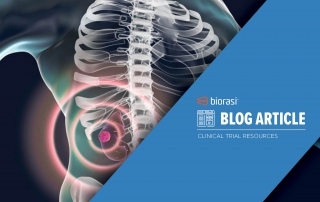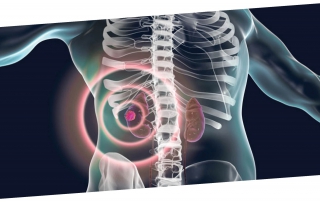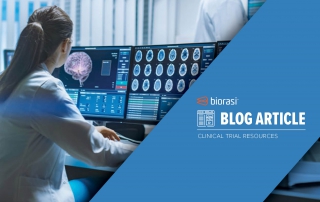WSCS 2020 Wrap Up: Biorasi joins the global dialogue for regenerative medicine
When stem cell industry innovators from across the globe congregated in Miami at the end of January 2020 to discuss the current state and future expectations of the regenerative medicine industry, Biorasi had more than one reason to be excited about the event. Read the full article for highlights >>
Mind-Boggling Displays, Industry Trends, & other Highlights from ASN Kidney Week 2019
A team from Biorasi was at ASN Kidney Week 2019. Breakthrough research and standout presentations marked this year’s @ASNKidney Week. Check out our report for the full scoop.
NORD Breakthrough Summit: 3 Key Takeaways
A team from Biorasi joined more than 900 leaders from the FDA, NIH and the pharma and bio-pharma industries for the National Organization for Rare Disorders (NORD) & Orphan Products Breakthrough Summit. Throughout two packed days of keynotes, breakout sessions and panel discussions, we gained valuable insight into the most urgent rare disease topics. Read about the a few takeaways from the event in this article.
Strategies for Successful Digital Therapeutics Clinical Trials
As digital therapeutics are integrated into every aspect of the healthcare landscape, patients, payers, and providers are seeing an increasingly complex set of software-driven therapy options reaching the market. This rapidly expanding field has enormous potential but faces challenges at every stage, from design to patient perception. Focusing on the clinical trial stage, how does the trial of a digital therapeutic compare to that of a pharmaceutical? What are the specific challenges of running a digital therapeutics clinical trial, and how can sponsors adapt their approach for the highest chance of success?
Acute Kidney Injury (AKI): Management and Outcome
In my previous article, I explained the types, causes and symptoms of Acute Kidney Injury (AKI). Here, I’ll share how physicians treat and manage AKI, as well as what to expect. CRRT or intermittent hemodialysis? To treat AKI, nephrologists primarily use renal replacement therapy (RRT), which includes intermittent hemodialysis, peritoneal hemodialysis, various forms of CRRT, and “hybrid” therapies such as prolonged intermittent renal replacement therapy (PIRRT) or sustained low-efficiency hemodialysis (SLED). A few clinical trials are taking a look at CRRT and intermittent hemodialysis under different conditions.
Acute Kidney Injury (AKI): Why aggressive treatment early is a must
What is AKI? AKI is a sudden, reversible decline in the kidney’s glomerular filtration rate (GFR); in other words, its ability to filter metabolic waste. This kidney damage causes an elevation of serum urea and creatinine, which affects the body's ability to function properly. Most AKI cases are reversible. However, it's important to treat AKI as early as possible to avoid its progression to chronic kidney disease or kidney failure.
FSGS: A rare kidney disease without targeted therapies
Researchers are studying a few new and existing drugs to treat FSGS. FSGS needs a novel medication that regulates both high body fats and inflammasome inhibition via upstream innate immune system to block intracellular initiation of inflammatory cascade and extra cellular inflammation. Over the past five years, nearly 30% of Biorasi-initiated or ongoing studies involved chronic kidney disease. Our experience allows us to develop successful nephrology clinical trials.
Is targeted gene therapy in Neurology’s future?
To unlock more targeted, effective treatments, genetics researchers are exploring mutations responsible for some of the most common motor neuron diseases. These discoveries may lead to gene therapy treatment routes that do a better job of slowing disease progression than current medications. Much like gene therapy in oncology has brought improvement in cancer regression in recent years, we believe gene therapy—particularly therapy that targets and modulates RNA—is the future of neurology.
